Amid measles spike in US, local health professionals encourage vaccinations
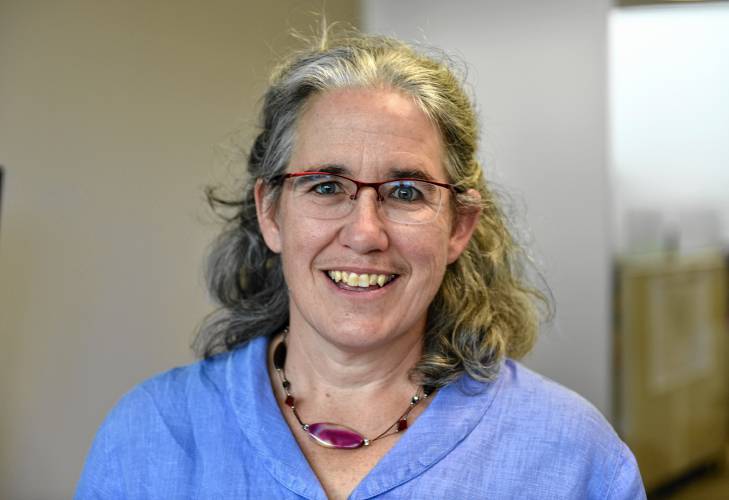
MEG RYAN
| Published: 04-09-2025 1:06 PM |
After the Centers for Disease Control and Prevention reported earlier this month that there have been more than 600 confirmed cases of measles detected in the U.S. — including some in New York, Rhode Island and Vermont — local health professionals are urging unvaccinated Franklin County residents to get their shots.
After Maurice Hilleman and colleagues worked to create the modern-day measles vaccine in 1968, cases of the illness dwindled until 2000, at which time measles was declared eliminated from the United States, meaning there had been no continuous transmission of the disease for at least one year.
However, 2025 has seen a spike in confirmed cases of measles described by Franklin Regional Council of Governments Public Health Nurse Meg Ryan as being the largest the country has seen in decades amid a growing number of individuals who are opposed to vaccination.
“People are more hesitant to vaccinate their children and to get themselves vaccinated overall, because of some misinformation out there,” Ryan explained. “The measles vaccine is one of the safest vaccines, and it’s actually one of the most effective. It gives lifelong immunity once you’ve had your second dose.”
Ryan added that many of the recent measles cases involve unvaccinated individuals who have recently traveled outside the United States or to parts of the country facing measles outbreaks. She noted that patients can be contagious roughly four days before they show symptoms.
Measles symptoms, Ryan noted, typically begin with a cough, runny nose, red eyes and sore throat, followed by a rash that typically starts on the face and spreads down the body. She noted that the disease has a tendency to “wipe out” the immune system, making the body particularly vulnerable to other infections.
“Measles is a potentially life-threatening disease and it’s preventable by vaccination. It can cause long-term effects with kidney disease and kidney problems, cardiac problems,” Ryan said. “If you’re not already vaccinated, I recommend seeing your physician and getting vaccinated. It will protect not only our children, but also our immunocompromised populations as well and our elderly that may be at higher risk.”
In a letter sent to the public, Montague Public Health Director Ryan Paxton urged health care professionals, those traveling outside of the United States, college students and those who regularly interact with immunocompromised individuals to check their immunity status and get vaccinated if needed.
Article continues after...
Yesterday's Most Read Articles
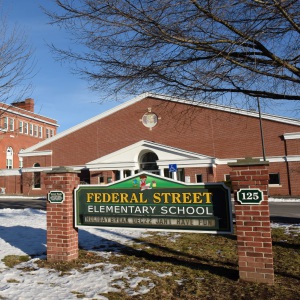 Federal Street School substitute teacher alleged to have called student racial slur
Federal Street School substitute teacher alleged to have called student racial slur
 PHOTOS: Greenfield celebrates Earth Day with parade, festivities
PHOTOS: Greenfield celebrates Earth Day with parade, festivities
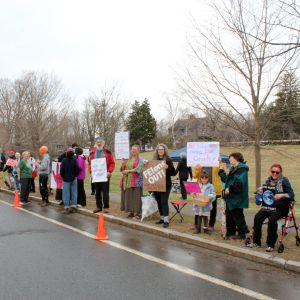 Local protests against Trump administration continue as part of 50501 movement
Local protests against Trump administration continue as part of 50501 movement
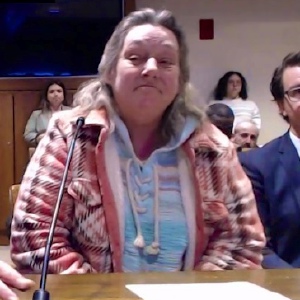 Mother whose daughter died in Holyoke marijuana facility backs bill for worker safety
Mother whose daughter died in Holyoke marijuana facility backs bill for worker safety
 Greenfield Police Logs: March 25 to April 6, 2025
Greenfield Police Logs: March 25 to April 6, 2025
 HS Roundup: Mohawk Trail softball earns first win of the season following 16-4 victory over Mahar
HS Roundup: Mohawk Trail softball earns first win of the season following 16-4 victory over Mahar
Paxton also recommended that those who were vaccinated between 1963 and 1967 speak with their doctors or health care providers to discuss the possibility of re-vaccination, as they may have received an inactivated measles vaccine.
“During 1963 to 1967, a small portion of adults may have received an inactivated measles vaccine. If you may have received an inactivated vaccine, a further attenuated dose, or an unknown type of vaccine, it is recommended that you speak with your health care provider regarding re-vaccination,” Paxton wrote. “Measles is a highly contagious disease that can lead to serious health complications. Vaccination remains the most effective way to prevent infection and safeguard public health.”
Others, such as Montague Board of Health Chair and Greenfield Community College Dean of Nursing Melanie Ames Zamojski, echoed Ryan and Paxton, encouraging members of the public to ensure that they and their kids are vaccinated.
“If you’re not already vaccinated, I recommend seeing your physician and getting vaccinated,” Ames Zamojski said “It will protect not only our children, but also our immunocompromised populations as well and our elderly that may be at higher risk.”
Anthony Cammalleri can be reached at acammalleri@recorder.com or 413-930-4429.






 Performances of ‘The Wizard of Oz’ at Mahar start May 2
Performances of ‘The Wizard of Oz’ at Mahar start May 2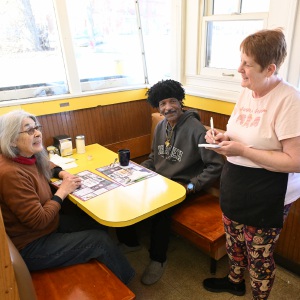 As Shady Glen Diner awaits buyer, current owner extends hours, shores up staffing
As Shady Glen Diner awaits buyer, current owner extends hours, shores up staffing Annual ArtsNight showcases GCC students’ creative talent
Annual ArtsNight showcases GCC students’ creative talent
